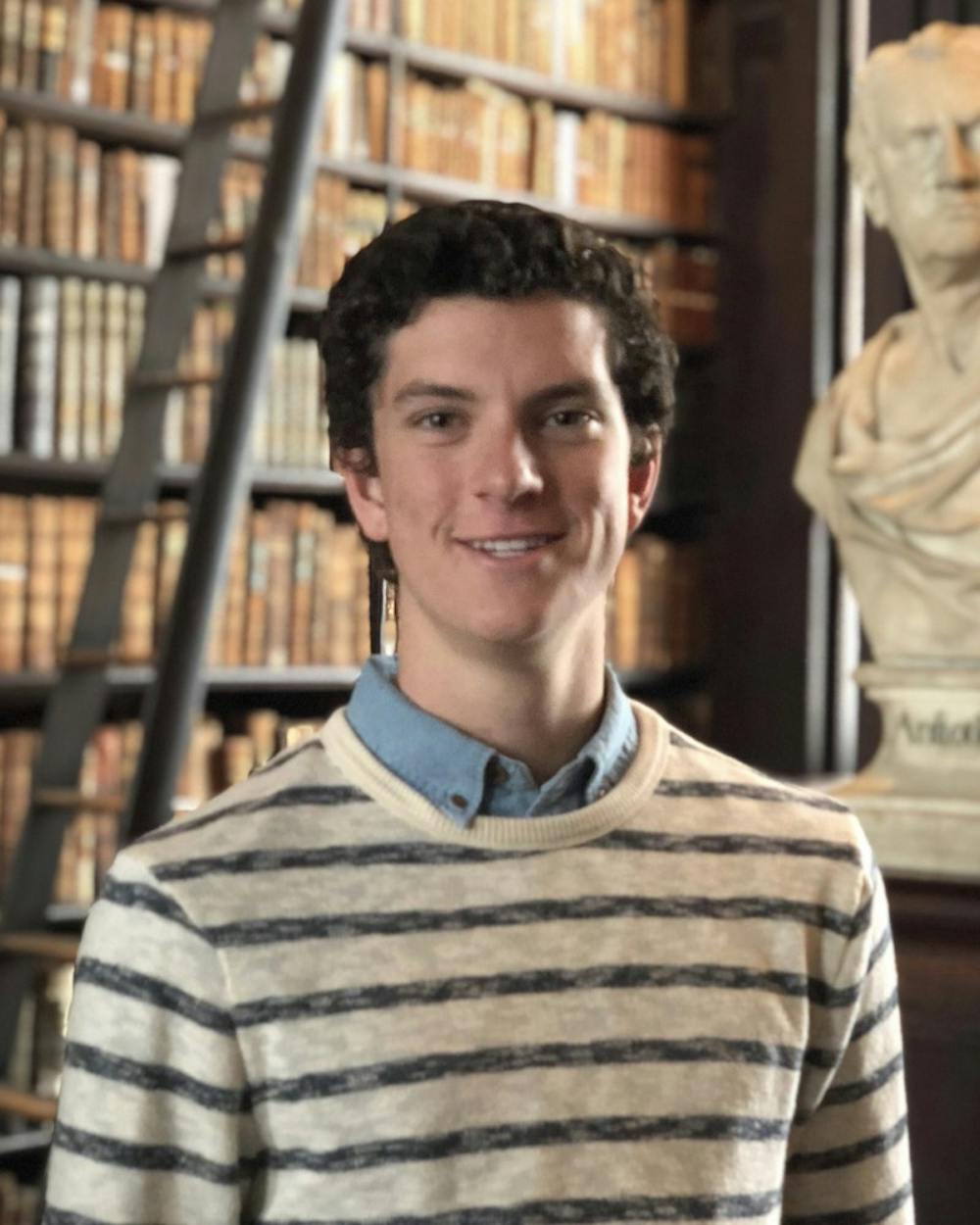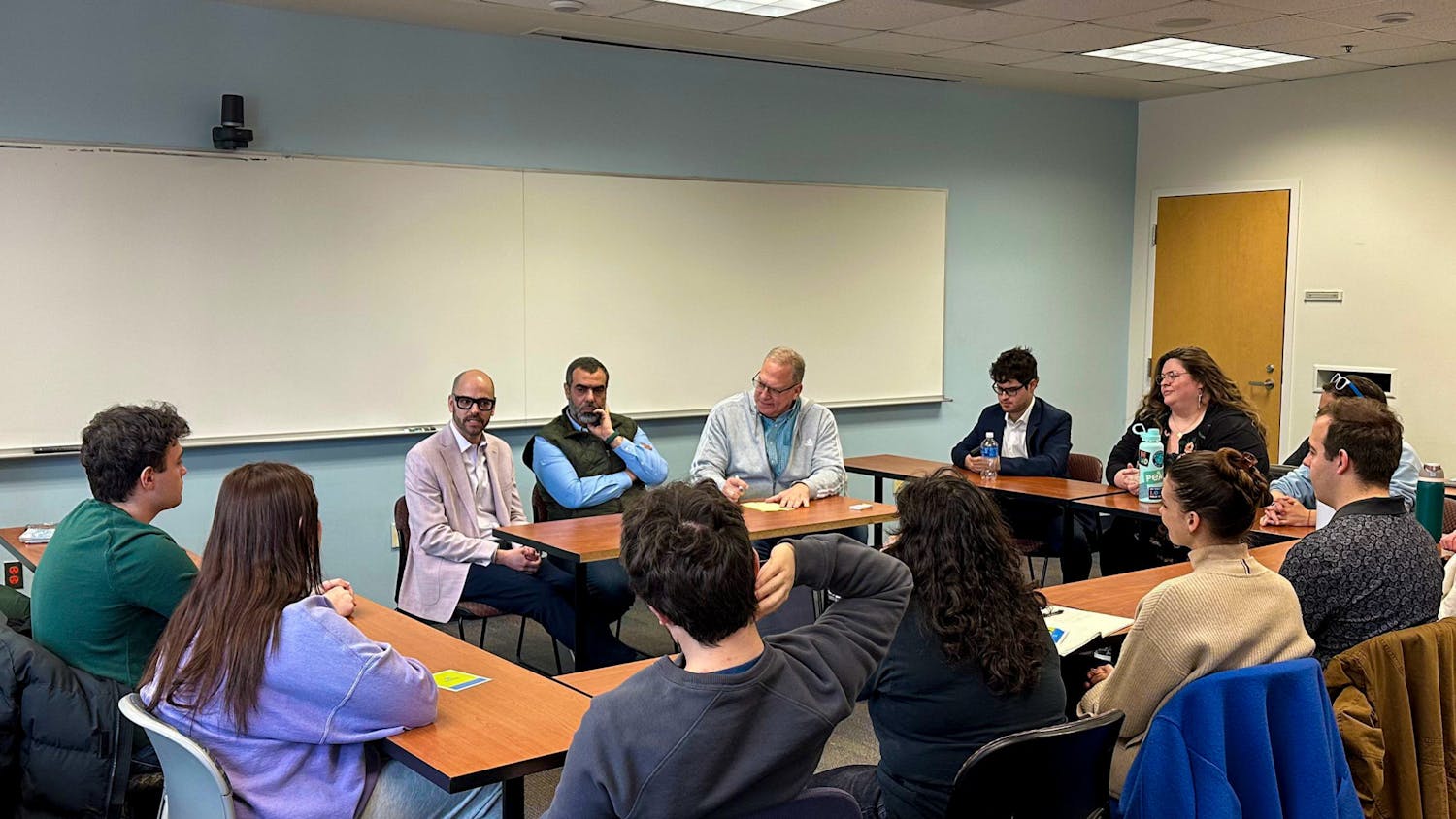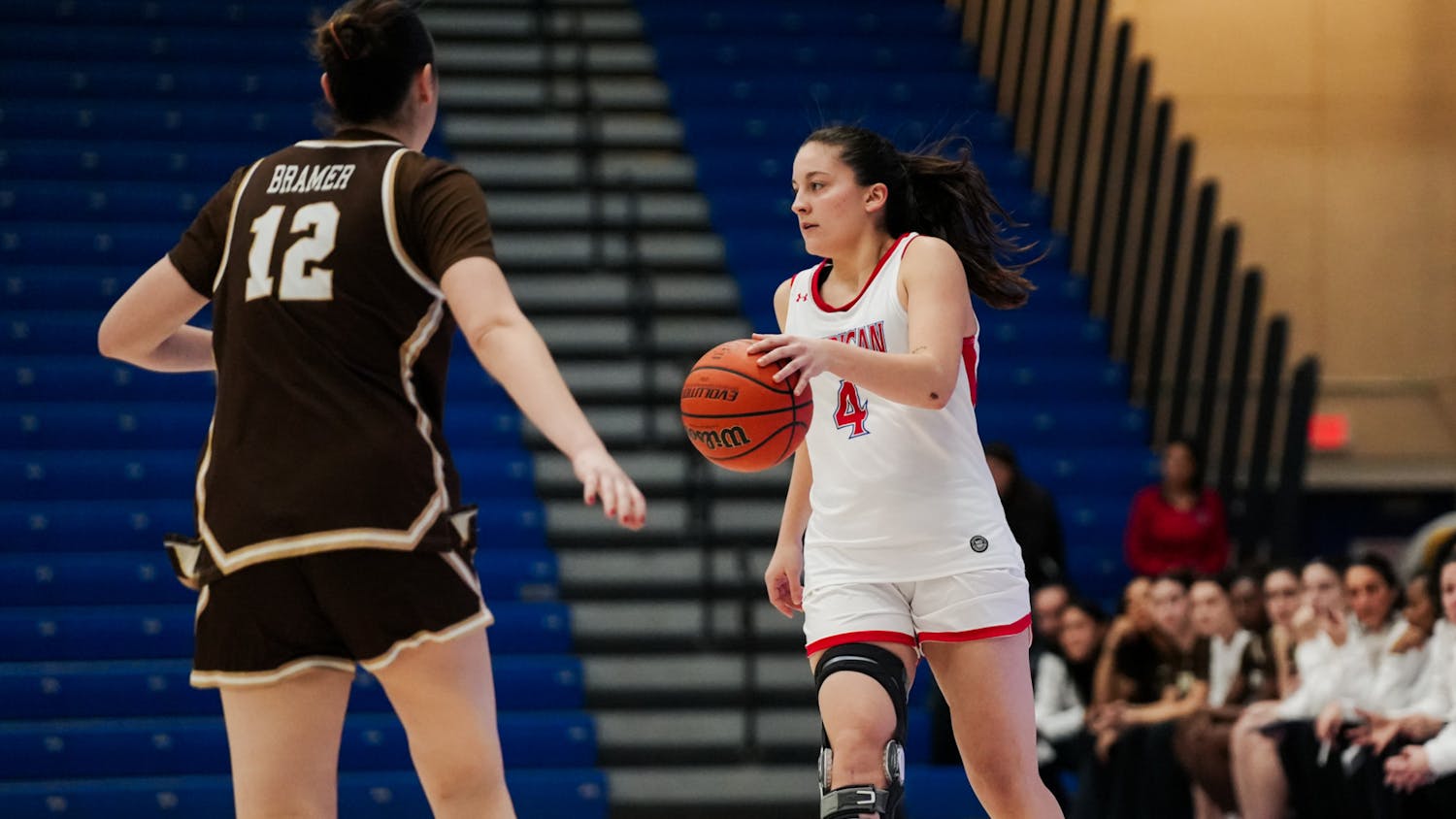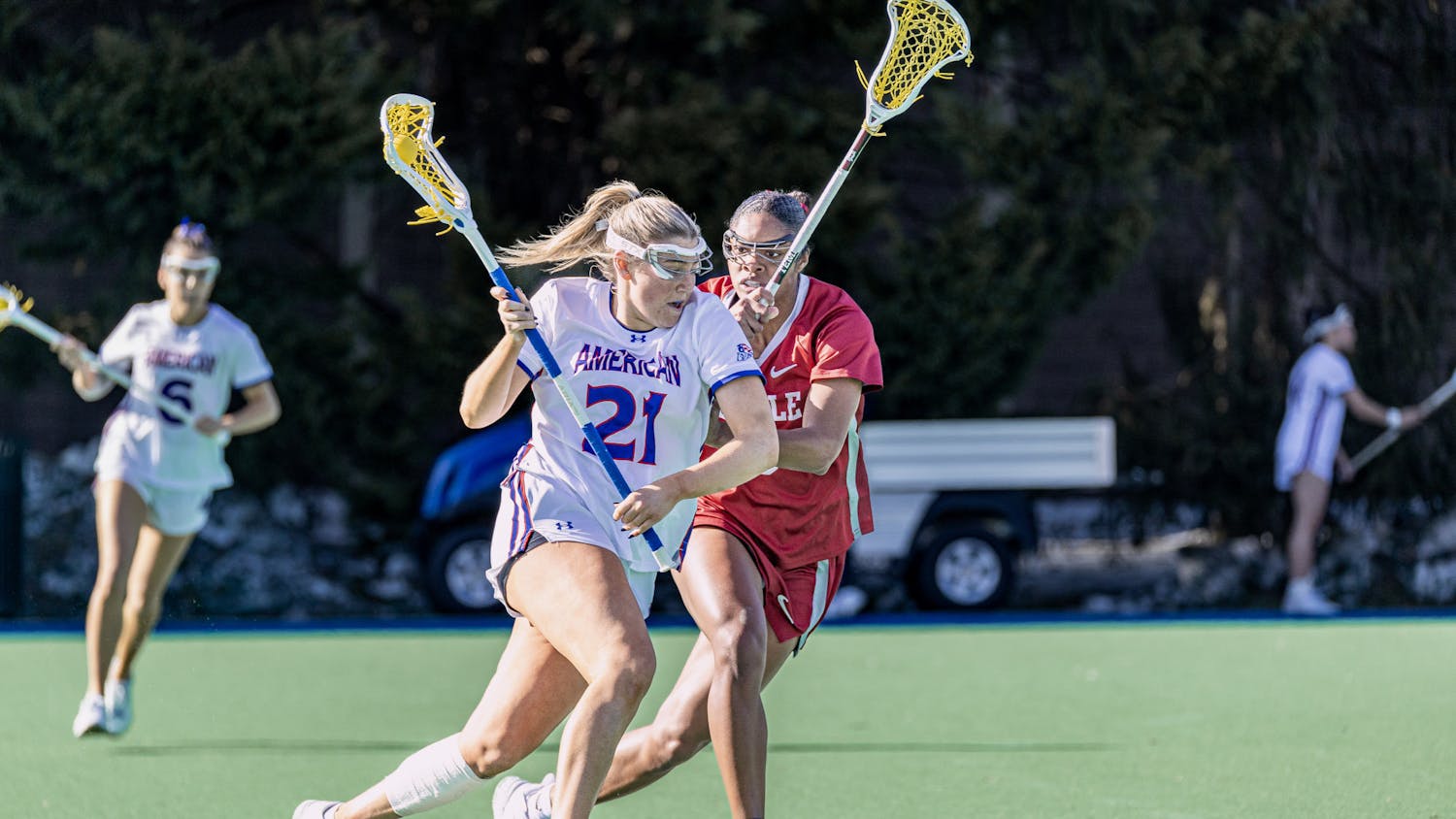Maria Butina, a recent master’s degree recipient from American University’s School of International Service, was arrested by the FBI on July 15. She was charged with conspiracy and acting as an unauthorized Russian agent. While she undoubtedly tried to boost her stature among her fellow students in the “my internship is cooler than yours” banter, she was still an AU wonk through and through, right? Not exactly.
Court documents state that “although she attended classes and completed coursework with outside help, attending American University was Butina’s cover while she continued to work on behalf of the Russian Official.” The documents later affirm that, “the FBI believes that (Butina) was likely in contact with the FSB throughout her stay in the United States.” Not only did Butina use our own School of International Service as a cover for her real position as a Russian operative collaborating with their Federal Security Service, but she used one of the top international relations schools in the world to obtain her visa in August 2016.
American University students reacted in many ways. Most students found humor in the arrest, shown in the increasingly popular “#FreeMariaButina” movement, based on the all too familiar phrase, “Wonks Support Wonks” or cultural comparisons, such as to Jennifer Lawrence in the 2018 spy thriller, Red Sparrow.
However, for as enjoyable as the parodies have been, other students, including myself, realized that there is more to the mysterious case of Maria Butina. The news about Russia was brought, through Butina, to where we live, work and study. International news became local news. It may have even startled some to realize that they likely crossed paths with an active Russian agent. But, the unfortunate reality remains: she was sent by a government that has little regard for human rights, democracy or stability. If nothing else, Maria Butina conjured up a conversation about just that.
I am pleased to say that a few other students and I are restarting an organization on campus this fall to have these exact conversations. The Alexander Hamilton Society is a non-partisan, not-for-profit national organization with over 60 chapters focused on foreign policy and national security issues. At AU, the Alexander Hamilton Society will bring some of the leading national security professionals to debate a few of our own professors, discuss national security issues with the AU community and develop the chapter’s members into future leaders.
But for Hamiltonians, the name given to members, not much is surprising about Maria Butina’s political influence and intelligence activities; here’s why: she is an agent of a hostile foreign power that has defied some of the most basic international norms. Russia, within the last decade, has invaded a neighboring country, shot down a commercial airliner with a surface-to-air missile, is responsible for chemical attacks in Syria, and more recently, sent agents to execute poison attacks in the United Kingdom. Regrettably, however, many more nations and non-state actors are cut from the same cloth. The barbarity of these nations and organizations is indisputable and widespread, but the real difficulty is in calculating a response. These are the conversations that the Alexander Hamilton Society will have.
In these conversations, Hamiltonians hold a few strong beliefs, such as the notion that the United States should be a global leader that provides an example of a representative government that protects its citizens’ liberties. Hamiltonians also believe that the United States should deter the malign intentions of illiberal foreign actors, not only for our immediate national interests, but also for the benefit of humankind.
But should the United States lead in this way? I think we should, but whatever you believe is worth a thoughtful discussion.
Kevin Norton is a sophomore in the School of International Service and president of the Alexander Hamilton Society at American University. He is an outside contributor. The opinions expressed by the author are theirs alone, and do not necessarily reflect the views of The Eagle and its staff.





